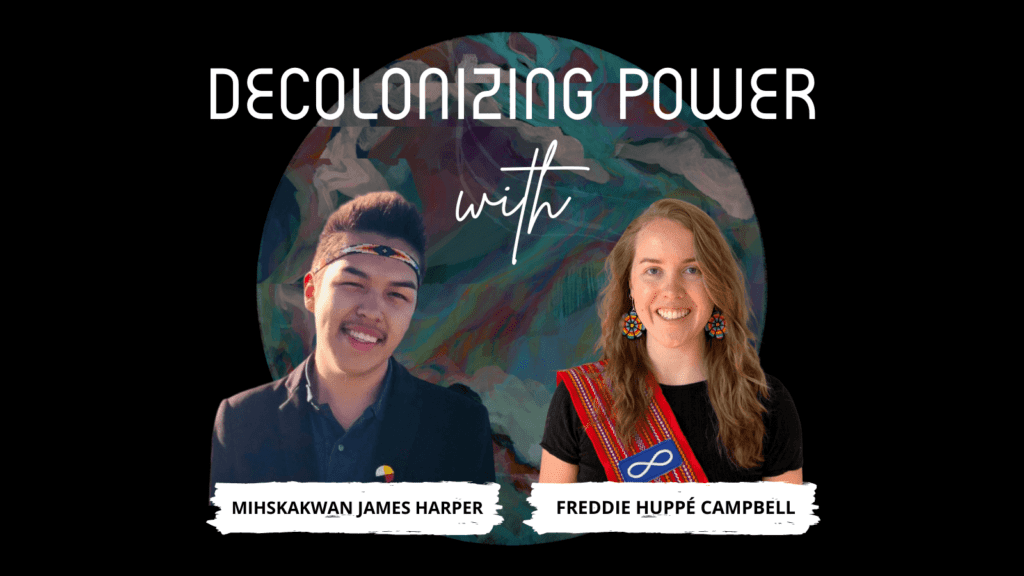This new podcast features the inspiring journeys of global community-driven clean energy microgrid projects from Indigenous, Islanded and Unelectrified perspectives
By Indigenous Clean Energy

OTTAWA, ON, June 7, 2021 – Indigenous Clean Energy (ICE) Social Enterprise has launched a new podcast series, Decolonizing Power, that illustrates inspiring stories about Indigenous and community-led clean energy projects from around the world.
The podcast is hosted by Mihskakwan James Harper and Freddie Huppé Campbell, two Indigenous youth with a shared passion for bringing Indigenous and community clean energy leaders’ voices and project stories to the forefront of global climate action conversations.
“The Decolonializing Power podcast series is an explicit recognition that energy innovation needs to be rooted in community – where Indigenous and local communities worldwide play a central role leading clean energy solutions that are essential to a climate-friendly future that we urgently need.” Said Chris Henderson, ICE Executive Director.
In Decolonizing Power, guests share the unparalleled potential of renewable energy microgrids in Indigenous, island, coastal and remote communities, and their efforts to decolonize power.
As Mihskakwan James Harper and Freddie Huppé Campbell reflect: We will hear stories of how communities are accomplishing clean energy projects on their own and what decolonizing power really looks like on the ground. We are now in a moment where we need to reach meaningful reconciliation, racial justice and climate action. Decolonizing Power could be one way we can achieve this.
In the first episode of Decolonizing Power, Anthony (AJ) Esquega, KZA’s Mashkawiziiwin Energy Project Coordinator, takes us into Kiashke Zaaging Anishinaabek (KZA) – Gull Bay First Nation and shares his community’s experiences decolonizing power.
Each episode of this special series contains insightful reflections, unique experiences and true accounts that will give listeners an in-depth understanding of what is occurring in communities across the globe and the potential that community-led clean energy projects have.
Decolonizing Power podcast can be accessed through podcast providers such as Spotify, Google Podcast and Apple Podcast. You can also join the ICE Network, where you will have the opportunity to engage with others working on Indigenous clean energy projects to collaborate on the processes, approaches, and policies needed to maximize the impact of their initiatives.
Click here to listen to Decolonizing Power Now!
Quick Facts
- “Climate change exacerbates the difficulties already faced by indigenous communities including political and economic marginalization, loss of land and resources, human rights violations, discrimination and unemployment.” – United Nations https://www.un.org/development/desa/indigenouspeoples/climate-change.html
- “If current trends continue, the impacts of climate change could drag some 700 million people back into extreme poverty by 2050 – a statistic that makes the shift to clean and renewable energy systems only more imperative.” The Rockefeller Foundation https://www.rockefellerfoundation.org/commitment/power/
- Microgrids “play a critical role in providing electricity to rural communities and businesses and in helping to connect the 900 million people worldwide who currently do not have access.” Sustainable Energy for All, Bloomberg NEF
https://www.seforall.org/system/files/2020-06/MGP-2020-SEforALL.pdf
Contact
Freddie Huppé Campbell, Host & Global Hub Program Manager
Lina Forero, Communications Manager
About ICE
Indigenous Clean Energy Social Enterprise (ICE) is an independent, Indigenous-governed, non-profit organization. ICE is the national hub advancing Indigenous and broader sustainable prosperity by supporting First Nation, Métis, and Inuit clean energy participation in every region of Canada.
